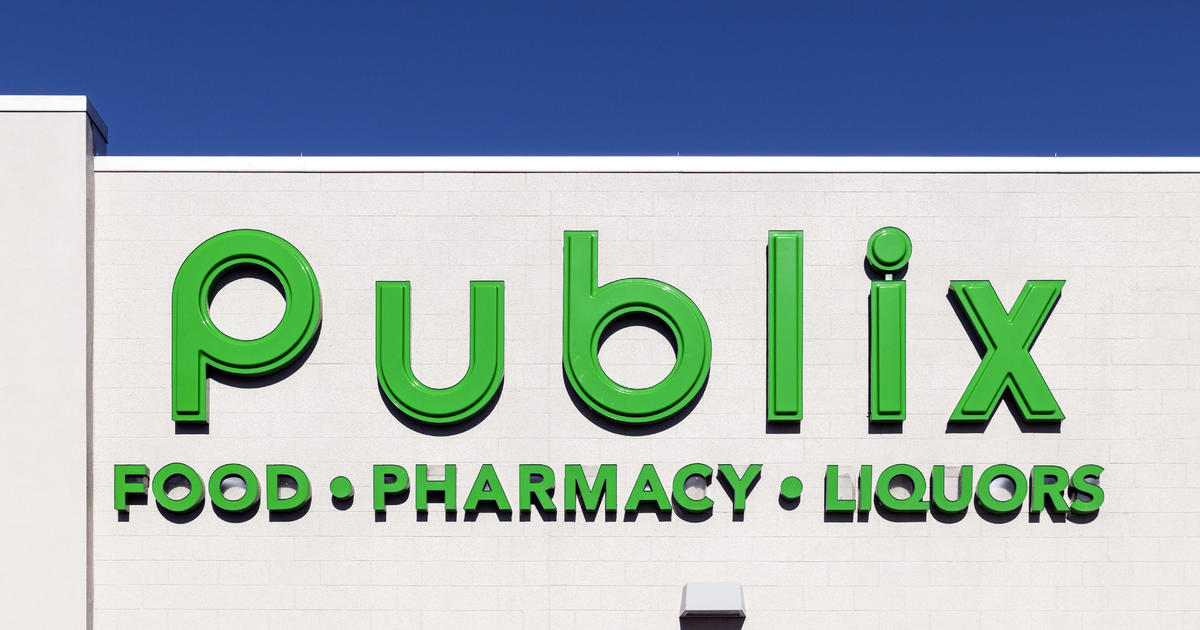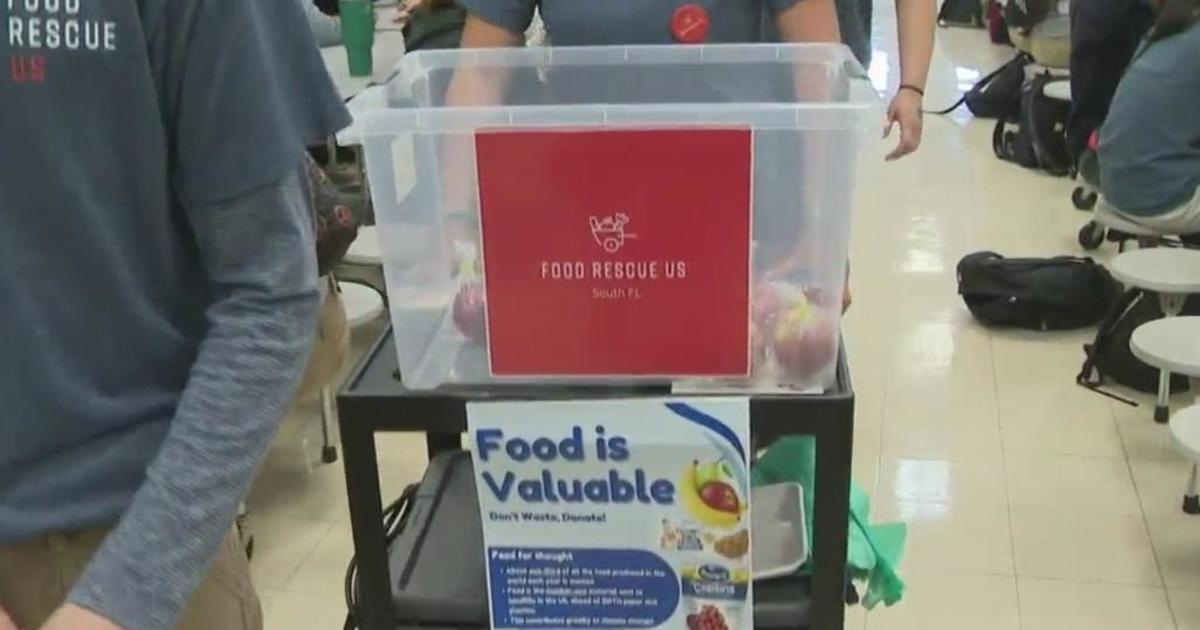Foods In Your Pantry That May Be Mislabeled
MIAMI (CBSMIAMI) – Turns out nearly 10 percent of all food is either mislabeled, diluted or misrepresented.
Eating healthy these days is not the easiest thing.
"It's time consuming really," said Jackie Wohlgemuth.
"It really is," said Laura Cardenas.
Watch Cynthia Demos' report, click here.
When Cardenas and Wohlgemuth go shopping the two constantly ask questions.
Cardenas asks, "If it's organic, where it's from, where its coming?"
And nothing goes into their bag before they read the label.
"We want to be healthier.We are young and we want to look this age when we are forty and I know it starts in your diet," said Cardenas.
But how do you know what's on the label is actually what you are getting?
Scientists at the National Center For Food Protection and Defense in Minneapolis say you don't.
"We have lost control of the supply chain," said Dr. Amy Kircher of the National Center for Food Protection and Defense.
Among the foods researches said are most commonly misrepresented are spices which are often filled with heavier and cheaper substitutes that aren't included on the label
Olive oil has also been found to contain cheaper oils some aren't even food-grade oils.
Lemon juice is often diluted with water.
When it comes to fish, at times cheaper species are passed off as more expensive species.
On several occasions researchers found what wass labeled as tuna to actually be escolar.
"Escolar is just naturally a product that causes gastro-intestinal problems in people," said Kircher. "So when you substitute it there is a public health risk."
Experts said consumers can better protect themselves by knowing a little bit about the food they buy, what it should look like, and being aware of the types of food most commonly mislabeled.
RELATED CONTENT:



